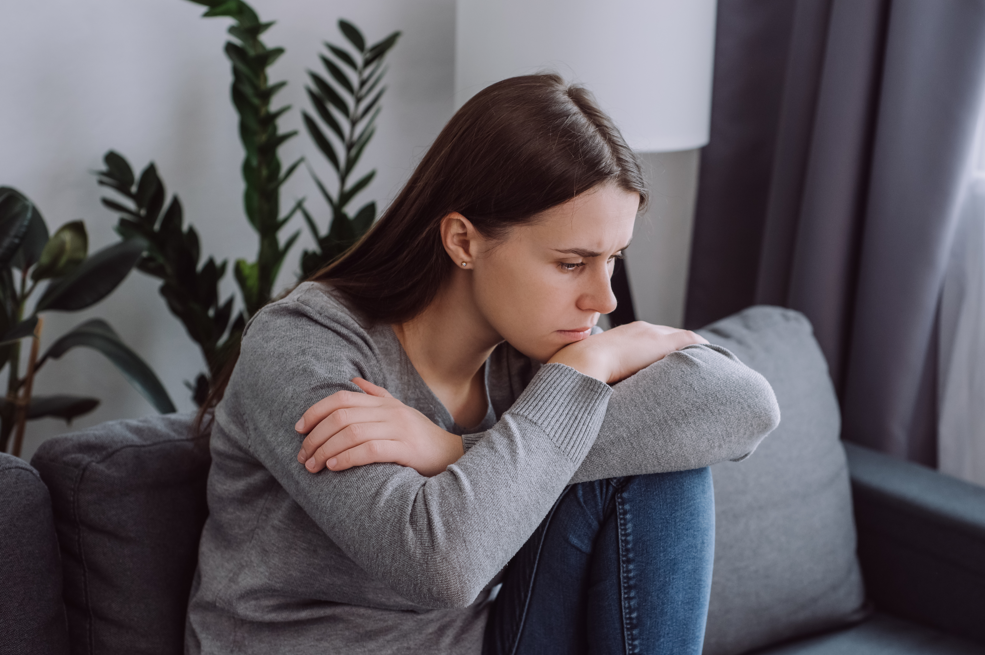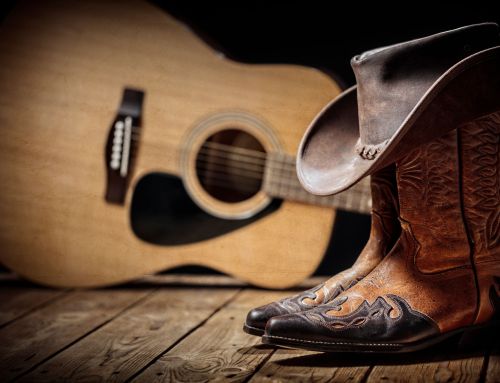
Suppose you have spent any time searching for addiction treatment — in addition to the usual outpatient rehab options in New Jersey, you will likely have encountered information about alternatives to conventional drug and alcohol rehabs. These alternative addiction treatment options range from ketamine therapy to Transcranial Magnetic Stimulation (TMS).
Do any of these alternative addiction therapies actually help? Which of them are FDA-approved, and which are actually sound medicine?
This NJRC article investigates the truth behind alternative addiction treatments and their track records for effectiveness and safety so you can make an informed choice.
Why Are People Seeking Alternative Approaches to Substance Abuse Treatment in NJ?
Good question. The truth is that getting sober is hard. People who have gone to a NJ drug rehab in the past and were unable to stay off of drugs and alcohol for the long term often get discouraged. When someone comes along offering an ‘easier, softer way’ to get sober, the idea sounds appealing to some people.
Other people may be skeptical about Western medicine or mistrust doctors and mental health professionals. Whatever the reason may be that someone is curious about ketamine therapy for addiction, Transcranial Magnetic Stimulation (TMS), or any other alternative addiction treatment—the most important thing is that they have trustworthy information in hand before they make a decision.
6 Examples of Alternative Addiction Treatments
1. Ketamine Therapy for Addiction
Ketamine therapy for addiction is a controversial alternative to conventional drug treatment, where low doses of ketamine are injected in a controlled outpatient setting. This treatment alters brain chemistry to reduce cravings and enhance neuroplasticity, making it easier to change habits. It is not a standalone treatment and is combined with mental health therapy.
What you should know about ketamine therapy for addiction:
- Some research suggests this treatment may be effective for some people.
- Ketamine can have dangerous interactions with many prescription medications.
- Most drug rehabs don’t offer ketamine therapy because the FDA is not yet convinced it works for addiction.
Does Ketamine Therapy Help with Addiction? MAYBE
2. Transcranial Magnetic Stimulation (TMS)
TMS uses magnetic fields to stimulate brain regions over several weeks to reduce cravings and improve mood. It’s non-invasive, with no needles or incisions. The FDA approves TMS for depression and OCD but not yet for addiction, meaning more research is needed to confirm its effectiveness for this use.
What you should know about TMS for addiction:
- TMS shows some promise as one therapy that could help people with addiction.
- TMS is proven effective at relieving some depression and OCD symptoms.
- TMS is safe for most people and could help people with addiction who also suffer from depression, but it’s too soon to tell if it helps addiction directly.
Does TMS Help with Addiction? MAYBE
3.) Motivational Interviewing (MI) for Addiction
Motivational Interviewing (MI) is a counseling method that helps people find the motivation to change by addressing their ambivalence (mixed feelings). It helps people struggling with addiction by encouraging their own desire to stop using substances, promoting personal responsibility, and boosting confidence to make positive changes.
What you should know about Motivational Interviewing (MI):
- Motivational interviewing is a proven, evidence-based approach to treating addiction.
- Because MI doesn’t involve medication or devices, it is safe for everyone.
- Research shows that MI is an effective treatment for substance abuse.
Does Motivational Interviewing Help with Addiction? YES
4. Yoga and Mindfulness-Based Therapy
Mindfulness and awareness are essential for maintaining successful recovery. Any practice that effectively improves awareness is likely to benefit people with addiction who want to get sober and stay that way. Yoga is an ancient practice focusing on the union between mind and body and breath control. While most of these practices come from Eastern medicine, they have become widely accepted in the West. Other mindfulness-based therapies include Dialectical Behavior Therapy (DBT).
What you should know about Yoga and Mindfulness-Based Therapies:
- Yoga has been helping people achieve mindfulness and wellness for thousands of years.
- Mindfulness-based therapies, especially DBT, are proven effective for addiction.
- There is no downside to yoga and mindfulness practices. They can benefit just about anyone.
Do Mindfulness-Based Therapies Help with Addiction? YES
5. Neurofeedback for Addiction
Neurofeedback trains individuals to regulate brain activity through real-time monitoring. By reinforcing healthy brain patterns, it may help reduce cravings and improve emotional stability. The catch is that there are many types of neurofeedback, and there isn’t much research proving its effectiveness in treating addiction. It is widely considered safe, but more studies are needed before we can say it works.
What you should know about neurofeedback for addiction:
- Neurofeedback is effective in helping some people change behaviors and thought patterns.
- There are many types of neurofeedback. Some practitioners are much more skilled than others.
- Neurofeedback may be helpful for some people with addiction, but much more research is needed.
Does Neurofeedback Help with Addiction? MAYBE
6. Ibogaine Therapy
Ibogaine, a psychoactive substance derived from the African iboga plant, is used in some countries to treat addiction. Several studies have shown impressive results, especially for opioid addiction. However, more research is needed, and ibogaine can be very dangerous. One day, pharmacological research may lead to new medications based on ibogaine that are safe and effective enough to get FDA approval. For now, ibogaine remains dangerous and controversial, so it is illegal in the United States for that reason.
What you should know about ibogaine therapy for addiction:
- Research suggests that ibogaine may be effective at treating opioid addiction.
- This drug is considered dangerous, and ibogaine therapy is illegal in the U.S.
- We may develop a safe drug based on ibogaine to treat addiction one day—but for now, it is too dangerous.
Does Ibogaine Help with Addiction? MAYBE
NJRC: Evidence-Based Addiction Treatment in New Jersey
At North Jersey Recovery Center (NJRC), our mission is to provide the best addiction treatment available in New Jersey. We rely on evidence-based treatment, proven by peer-reviewed clinical research, to help people transform their lives, one day at a time.
Are you or someone you love caught up in the undertow of addiction to opioids, alcohol or another drug? NJRC has helped thousands of people overcome addiction and take back their lives. We can help you, too. All it takes is enough willingness to make the first move and contact us.
NJRC is in the business of changing lives for the better. What can we do for you?
Let’s talk: (877) 790-5873






